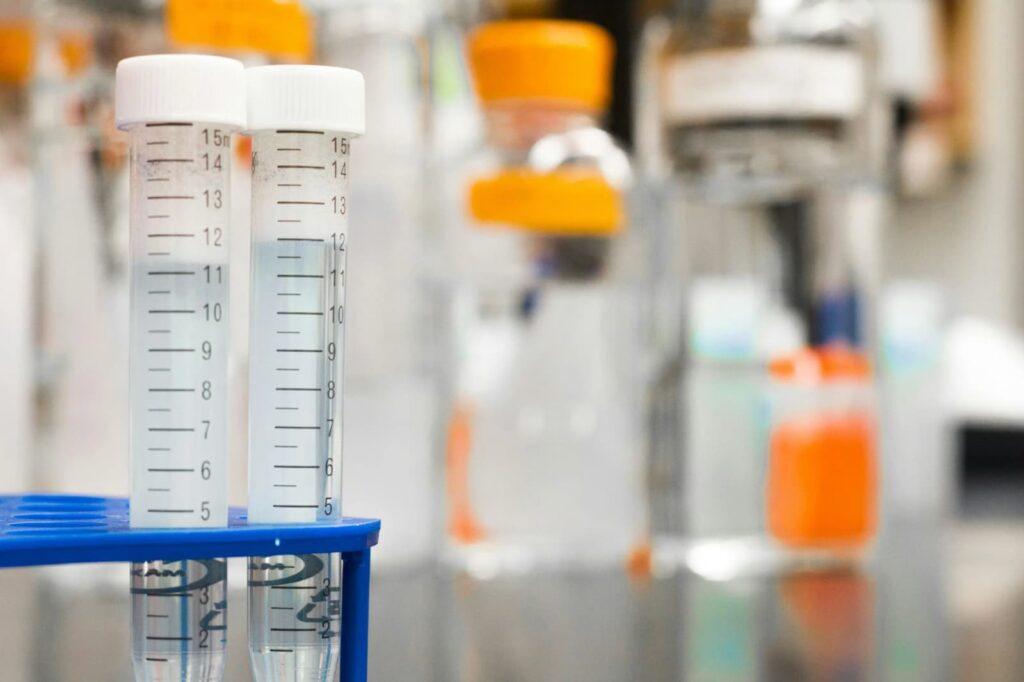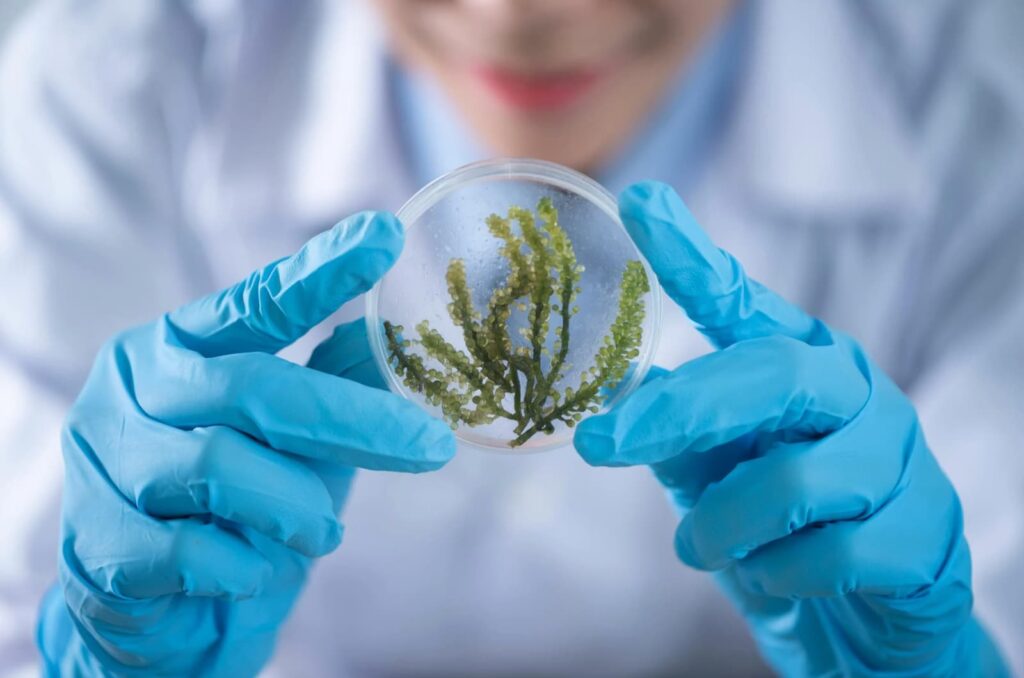
Biomedical science is at the forefront of modern healthcare, revolutionizing the way diseases are diagnosed, treated, and prevented. From advanced genetic research to cutting-edge therapies, this field plays a pivotal role in enhancing human health. The rapid pace of innovation in biomedical science offers hope for solutions to some of the world’s most pressing medical challenges.
This article explores the future of biomedical science by highlighting key innovations, their implications for healthcare, and the ethical considerations that accompany progress in this dynamic field.
1. Transformative Innovations in Biomedical Science
Biomedical science has witnessed an unprecedented wave of advancements in recent years, many of which have reshaped healthcare as we know it. These innovations are not just theoretical—they are actively being implemented in clinical practice, leading to better outcomes for patients.
Precision Medicine
Precision medicine, which tailors treatments to the genetic makeup of individuals, is a cornerstone of modern biomedical advancements. By using genetic profiling, doctors can predict a patient’s response to certain treatments, enabling them to provide personalized care. For example, cancer therapies are increasingly designed to target specific genetic mutations in tumors, making treatments more effective and reducing side effects.
Gene Editing and CRISPR
Gene editing technologies like CRISPR have opened new doors for treating previously incurable genetic disorders. Diseases such as cystic fibrosis or sickle cell anemia are now being addressed through precise alterations to DNA. This innovation not only provides hope for patients but also raises questions about the potential for broader applications, such as editing genes to enhance physical or cognitive traits.
Advances in Regenerative Medicine
Regenerative medicine, including stem cell research and tissue engineering, is transforming how injuries and degenerative diseases are treated. Scientists are now able to grow replacement tissues and even organs in labs, paving the way for breakthroughs in treating conditions like Parkinson’s disease or organ failure.
2. The Role of Technology in Shaping the Future of Biomedical Science
Technology and biomedical science are increasingly intertwined, with tools such as artificial intelligence (AI), big data, and wearable devices driving new discoveries and applications.
Artificial Intelligence and Big Data
AI has revolutionized biomedical research by enabling scientists to analyze massive datasets with unprecedented speed and accuracy. For instance, AI algorithms are used to identify patterns in genetic data, predict disease outbreaks, and even assist in drug discovery. This reduces the time required to bring new therapies from the lab to the clinic.
Big data, on the other hand, allows researchers to integrate information from diverse sources, such as patient records, genomic data, and clinical trial results. By combining these datasets, researchers gain deeper insights into disease mechanisms and treatment outcomes.
Wearable Devices and Remote Monitoring
Wearable health technologies, like smartwatches and biosensors, are playing a critical role in patient care. These devices monitor vital signs in real time, providing continuous data that can be used to detect early signs of illness or assess treatment efficacy. For example, patients with chronic conditions such as diabetes or heart disease can benefit from remote monitoring, reducing the need for frequent hospital visits.
3. Ethical Considerations in Biomedical Science

While innovations in biomedical science offer immense potential, they also bring ethical challenges that must be addressed to ensure responsible progress.
Equity in Access
One of the major concerns is the accessibility of advanced therapies. Precision medicine and gene editing, for instance, are often expensive, limiting their availability to a small portion of the population. Ensuring equitable access to these treatments is essential to prevent widening disparities in healthcare.
The Limits of Gene Editing
The ability to edit human genes raises profound ethical questions. While curing genetic disorders is a noble goal, the potential for misuse—such as creating “designer babies”—poses a moral dilemma. Regulatory frameworks and public discourse are needed to define acceptable boundaries for these technologies.
Data Privacy and Security
The integration of big data and wearable technologies into healthcare has raised concerns about patient privacy. Protecting sensitive medical information from breaches or misuse is critical to maintaining public trust in these innovations.
4. Practical Applications and Future Directions
Biomedical science is not just shaping healthcare today; it is setting the stage for a future where many current medical challenges may be overcome.
Real-World Applications
1. Vaccines and Immunotherapies: Advances in vaccine technology, such as mRNA vaccines, have shown great promise in addressing global health crises like the COVID-19 pandemic.
2. Neurotechnologies: Devices that interface with the brain are helping patients with paralysis regain mobility and individuals with neurological disorders improve their quality of life.
3. Telemedicine: The combination of biomedical science and digital technologies is expanding healthcare access to remote areas, making specialized care more widely available.
Anticipating Future Trends
As biomedical science continues to evolve, researchers are focusing on integrating multiple disciplines to tackle complex health issues. For example, combining AI with regenerative medicine may accelerate the development of personalized organ transplants. Similarly, advancements in nanotechnology could lead to the creation of targeted drug delivery systems that minimize side effects.
Conclusion
The future of biomedical science is brimming with possibilities that promise to transform healthcare. Innovations in precision medicine, gene editing, regenerative therapies, and wearable technologies are paving the way for a new era of patient care. These advancements not only enhance our ability to treat and prevent diseases but also raise important ethical considerations that must guide their implementation.
As the field continues to advance, collaboration between researchers, healthcare providers, and policymakers will be crucial to ensuring that these innovations are accessible, equitable, and ethically sound. The journey of biomedical science is one of discovery and responsibility, offering hope for a healthier, more inclusive future.
Last modified: November 27, 2024

